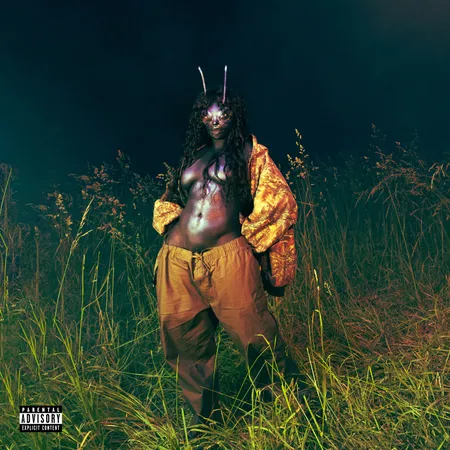In an interview with Empire Magazine in 2019, Director Martin Scorsese made some controversial comments about Marvel movies. “I don’t see them. I tried, you know? But that’s not cinema,” Scorsese said. “Honestly, the closest I can think of them, as well made as they are, is theme parks.” Many people took offense, but Scorsese’s comment doesn’t necessarily imply a negative idea. Oftentimes, the best part of Marvel films is their constant and fast-paced plot, not a focus on developing deep character relationships. Marvel movies shape action around characters, giving them strong moments to shine, but never slowing down enough to let them simmer. This works to their benefit because almost every character moment is strong and tightly written and stands out well against the action.

“Moon Knight,” as well as many of the other Marvel Disney+ shows, breaks from this mold in attempting to shift the focus away from large action set pieces and constant excitement, and instead towards character-focused stories. The transition has been a mixed bag; both providing a look into the wider implications of the Marvel universe with ubiquitous superheroes, while also displaying a lack of depth present in said universe.
“Moon Knight” follows Steven Grant and Marc Spector, two personalities inhabiting the same body, as they attempt to come to terms with their shared living arrangement and stop a zealot from unleashing ancient evil upon the earth. The show contains some powerful character exploration, as well as a very fun performance by lead actor Oscar Isaac, but often feels stretched and bloated. In taking a step back from the roller coaster pace of most Marvel movies, it reveals a lack of focus and purpose present in the Marvel Cinematic Universe (MCU). Some scenes feel like they go on slightly longer than they should, and they end up making the show as a whole feel longer than it should. “Moon Knight” is the type of show you can put on in the background while doing homework and feel like you missed nothing once you look back up at the screen.

The first couple of episodes constantly feature engaging acting from Oscar Isaac as he plays both of the main characters. Watching the characters attempt to unravel the mystery at the heart of the show featuring ancient Egyptian gods and mythical artifacts is the best part of “Moon Knight.” It really hits its stride around the third episode where the main characters and love interest Layla El-Faouly (May El Calamawy), find themselves in Egypt trying to recover an ancient Egyptian MacGuffin before the main antagonist Arthur Harrow (Ethan Hawke). Hawke especially stands out, bringing a calm and collected villain, which stands diametrically opposed to Isaac’s frantic and crazy portrayal of Marc Spector and Steven Grant.
Notably, the editing found in “Moon Knight” is considerably better than the majority of other MCU projects. The jarring cuts and trippy montages help bring the audiences into the mind of Moon Knight, inhabited both by Spector and Grant.
The relationship between Spector and Grant drives the show and watching the two characters learn to work together and appreciate each other is satisfying and entertaining. Unfortunately, the show frequently loses focus. Often taking time to insert action or highlight side characters, the show wastes a lot of the viewer’s time. However, in the final episodes of the show, the pieces began to fall into place. For the first time, it feels like Marvel successfully manages to balance in-depth character study and thrilling action. It is just a shame that “Moon Knight” meanders so much in the first half of its season and that just when the show finds its balance, the credits begin to roll.







